ESPM summer instructors recognize the urgency in addressing environmental challenges and the enormous opportunities that exist to make transformative change. All have significant experience teaching and/or professional experience in the subject areas of their courses. For course descriptions and schedules, visit our Summer Curriculum and Schedule page. Instructors listed may be subject to change.
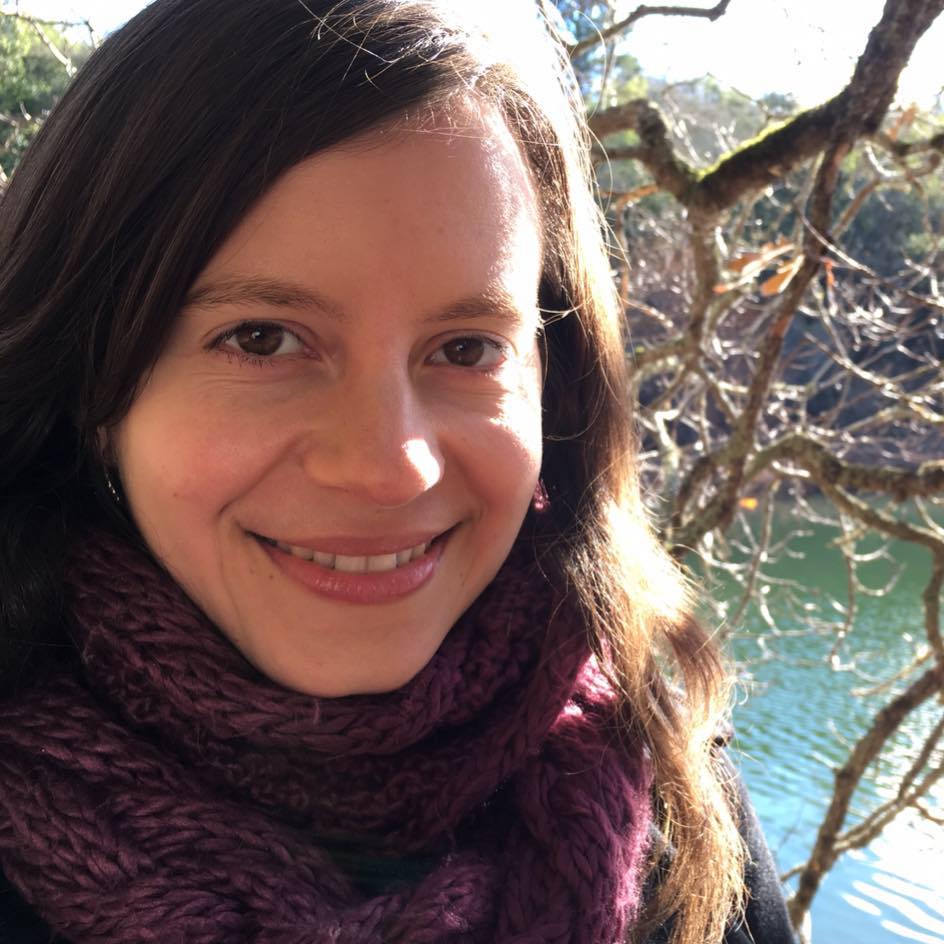
<p>Photo of Simona Balan</p>
Simona A. Balan
Courses: ESPM C167: Environmental Health and Development
Office Hours: TBD, online
Simona A. Bălan is an environmental scientist passionate about understanding the interrelation between public and environmental health and reducing toxic chemical exposures. She is currently a Senior Environmental Scientist at California's Department of Toxic Substances Control, where she researches potential exposures and adverse impacts from the use of harmful chemicals in consumer products and regulates problematic products under the California Safer Consumer Products regulations. Throughout her career, she has managed several international projects to address the use of flame retardants and perfluoroalkyl and polyfluoroalkyl substances (PFASs) in consumer products. In 2017, she was selected as one of 20 Pioneers Under 40 in Environmental Public Health by the Collaborative on Health and the Environment. Originally from Romania, she has a BSc in Earth and Planetary Sciences from Jacobs University Bremen, Germany, and a PhD in Environmental Science, Policy and Management from UC Berkeley.
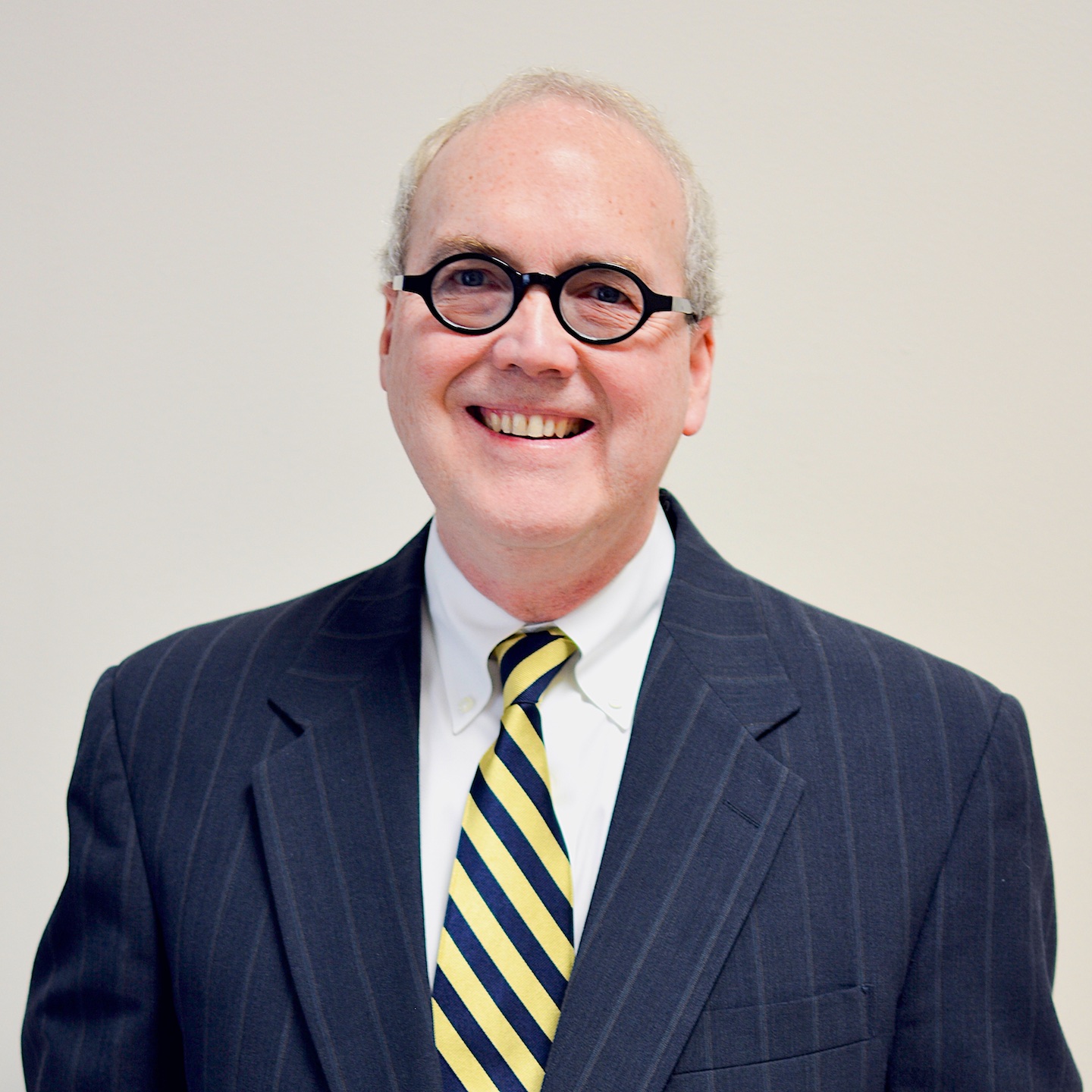
Wil Burns
Courses: ESPM 102D: Climate and Energy Policy
Office Hours: TBD, online
Dr. Wil Burns is a Professor of Research and Founding Co-Director of the Institute for Carbon Removal Law & Policy at American University’s School of International Service in Washington, DC. He is also a Senior Research Fellow for the Centre for International Governance Innovation (CIGI), and Co-Chair of the International Environmental Law Committee of the American Branch of the International Law Association.
Previously, he served as the founding Co-Executive Director of the Forum for Climate Engineering Assessment, a scholarly initiative of the School of International Service at American University. He also served as the Director of the Energy Policy & Climate program at Johns Hopkins University in Washington, DC. Prior to becoming an academic, he served as Assistant Secretary of State for Public Affairs for the State of Wisconsin and worked in the non-governmental sector for twenty years, including as Executive Director of the Pacific Center for International Studies, a think-tank that focused on implementation of international wildlife treaty regimes, including the Convention on Biological Diversity and International Convention for the Regulation of Whaling.
He is also the former President of the Association for Environmental Studies & Sciences, and former Co-Chair of the International Environmental Law interest group of the American Society of International Law and Chair of the International Wildlife Law Interest group of the Society. He also served as founder and Editor-in-Chief of the Journal of International Wildlife Law & Policy and Case Studies in the Environment.
He has published over 80 articles and chapters in law, science, and policy journals and books, and has co-edited four books. He holds a Ph.D. in International Environmental Law from the University of Wales-Cardiff School of Law. His current areas of research focus are: climate geoengineering, climate loss and damage and the effectiveness of the European Union’s Emissions Trading System.
Ana C. Galvis-Martinez
Courses: ESPM 5: From Farm to Table: Food Systems in a Changing World
Office Hours: TBD, online
Ana C. Galvis-Martinez holds a bachelor degree in Biology, a MSc in Sustainable Development and a MA in Latin American Studies with an emphasis in food justice. She is deeply interested in agroecology as an agricultural production alternative to produce nutritious food, conserve natural resources and strengthen social movements. For over 15 years Ana has worked within the food justice and food sovereignty movements in the non-profit and in the academic sector, in Mexico, Colombia and the USA. Ana is originally from Colombia, single-mother of a young man, immigrant to the USA and has a deep love, respect and admiration for ancient cultures and indigenous cosmovisions. She has extensive experience teaching agroecology to people of different socio-cultural backgrounds, ages, and genders.
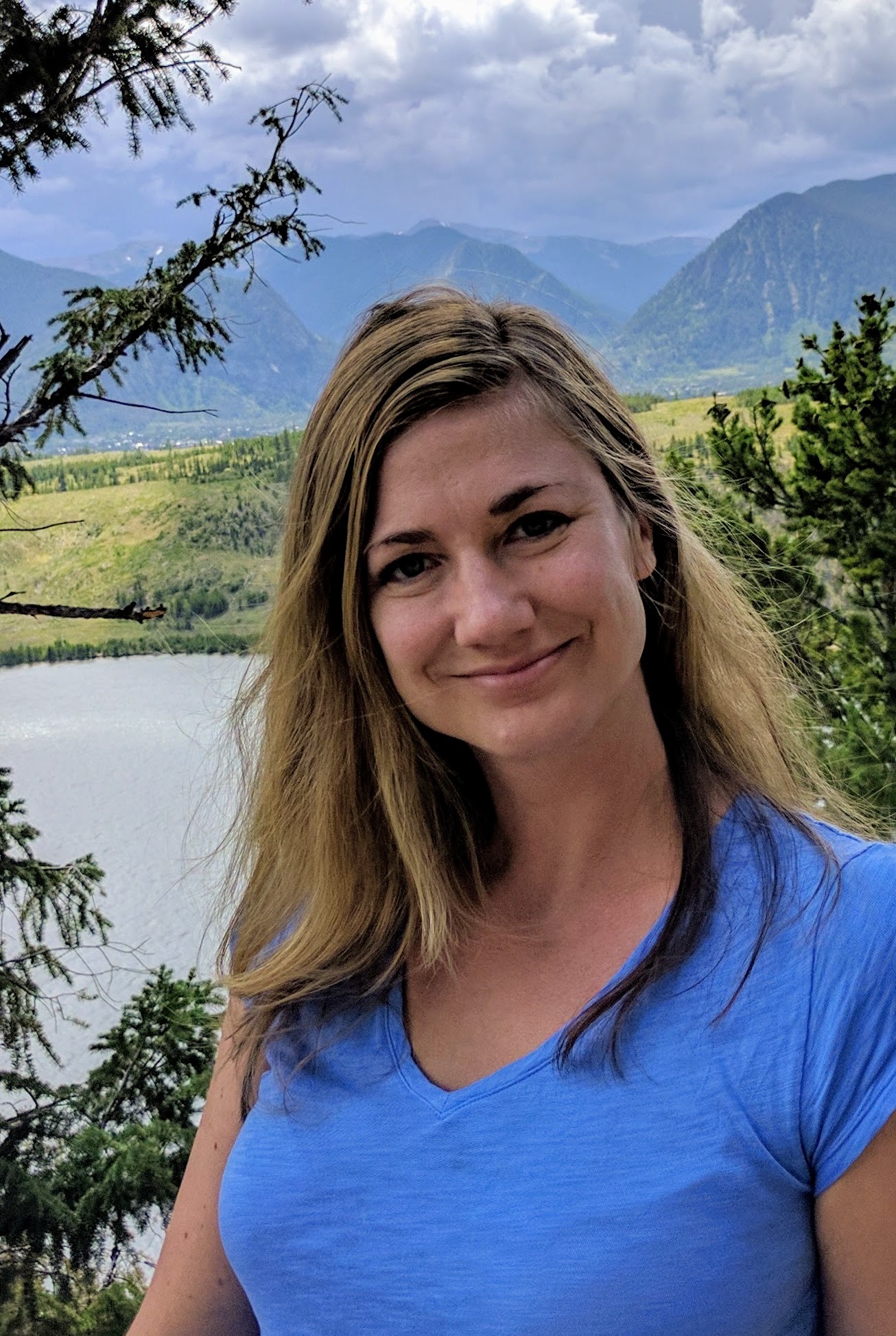
Christine Gehrig-Downie
Courses: ESPM 15: Introduction to Environmental Sciences; ESPM 72: Introduction to Geographic Information Systems
Office Hours: TBD, online
Christine Gehrig-Downie has been teaching summer classes ESPM 15 and ESPM 72 for four years.
In her classes, Christine incorporates hands-on activities and discusses current topics to create a lively and stimulating atmosphere.
Prior to her position at UC Berkeley, Christine worked as a lecturer and advisor for GIS in Germany. She received a PhD in biodiversity research and a MS in biology from the University of Göttingen in Germany.
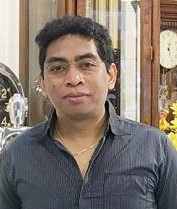
Jean Eric Rakotoarisoa, Ph.D
Courses: ESPM C103: Principles of Conservation Biology
Office Hours: TBD, online
Dr. Rakotoarisoa is a broadly trained biologist and educator. He received his Ph.D in Ecology and Evolutionary Biology from Yale University and the M.Sc. in Biology from Illinois State University with an emphasis on Conversation Biology. Dr. Rakotoarisoa was a recipient of the Fulbright Scholar awards. His research interests lie in the broad area of biodiversity research and conservation with a focus on the unique biodiversity of the island of Madagascar. A few examples of his work include the investigation of the effects of forest fragmentation on endemic bird community, the study of the phylogeography, phylogeny and species boundaries of endemic rodents, and the testing of historical biogeographic hypotheses using genetic data. Dr. Rakotoarisoa has been an advocate for the benefit of incorporating perspectives and frameworks used in the fields of Ecology and Evolutionary Biology to enhance biodiversity research and conservation, especially in developing countries. One of his professional goals is to promote long lasting collaborations between US universities and universities from developing countries.
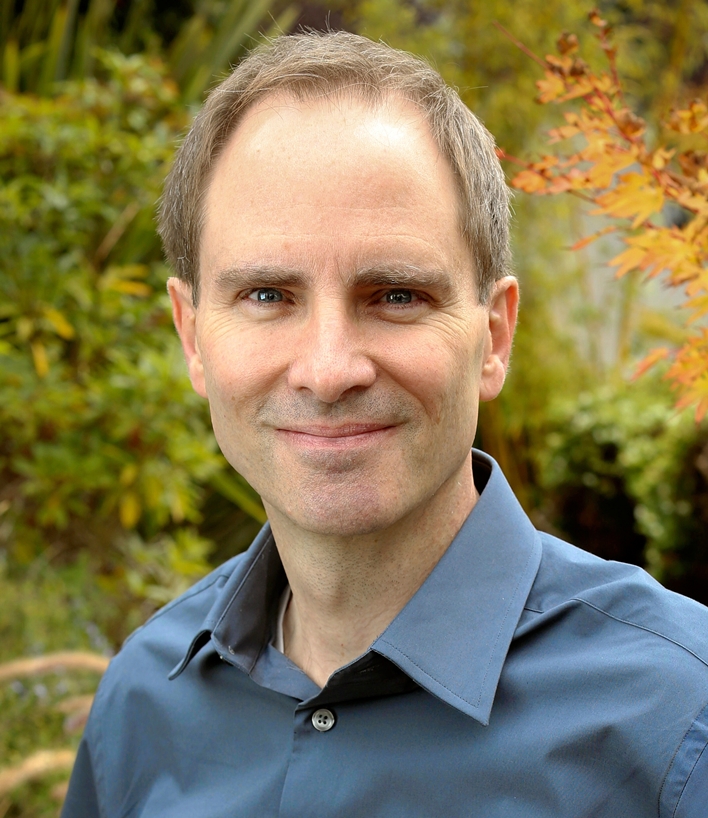
Kenneth Worthy, Ph.D.
Courses: ESPM 50AC: Introduction to Culture and Natural Resource Management; ESPM 161: Environmental Philosophy and Ethics
Office Hours: TBD, online
Kenneth Worthy, Ph.D. is Chancellor’s Public Scholar, Creative Discovery Fellow, and Lecturer at the University of California, Berkeley; Adjunct Associate Professor at St. Mary’s College of California; and Research Associate at the University of California, Santa Cruz
An environmental humanities scholar, Worthy seeks answers to some of modern humanity’s most pressing questions in his research and teaching: What are the historical, cultural, and philosophical origins of the major environmental crises of our time, such as global climate disruption, rapid species extinctions, and toxic contaminations of the biosphere and human bodies? What psychological factors determine whether we make environmentally destructive choices? What is the right and proper relation between humans and nature, and can it be informed by non-modern, non-industrial cultures? He deploys interdisciplinary methods comprising philosophy, ethics, history, classics, cultural studies, and psychology to shed light on these questions.
Worthy teaches courses in environmental philosophy and ethics, culture and natural resources, bioethics, sustainability, American environmental history, world environmental history, culture and nature in Bali, and environmental politics.
Worthy’s research and reviews have been published in books, articles, and encyclopedias. His book Invisible Nature: Healing the Destructive Divide between People and the Environment was published by Prometheus Books, his co-edited book After the Death of Nature: Carolyn Merchant and the Future of Human-Nature Relations was published by Routledge, and he writes The Green Mind blog. He received his Ph.D. in environmental studies at the University of California, Berkeley in 2005.
See also:
https://americancultures.berkeley.edu/creative-discovery-fellows/faculty...
http://kennethworthy.net/about/
https://fpf.berkeley.edu/kenneth-worthy
https://serc.berkeley.edu/unraveling-the-personal-and-political-dr-kenne...

